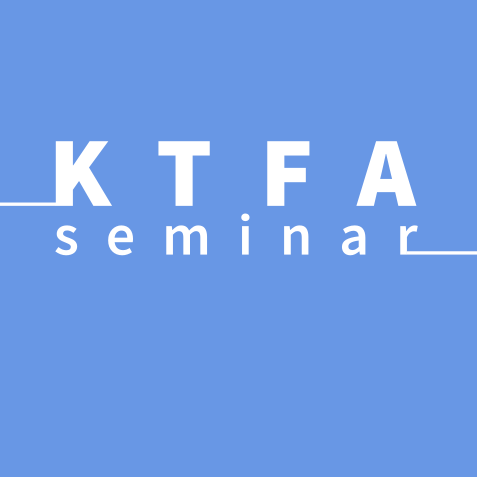Due COVID 19 restrictions the seminars will held on-online, please follow the link next to the speaker name. 01.04.202113:30Phase Diagram Changes in Geometrically Frustrated Generalized Planar RotatorMatúš Lach (bbb) 15.04.202113:30Light Curves Modeling of Eclipsing Binary StarsMichal Čokina (MSTeams) 14:15Skyrmion phase in frustrated Heisenberg antiferromagnetMariia Mohylna (MSTeams) 29.04.202113:30Electronic structure of layered superconducting materialsJozef Haniš (MSTeams) 14:15Stabilita dráh exoplanét v sústavách s viacerými zložkamiPavol Gajdoš (MSTeams) 13.05.202113:30Entanglement…
